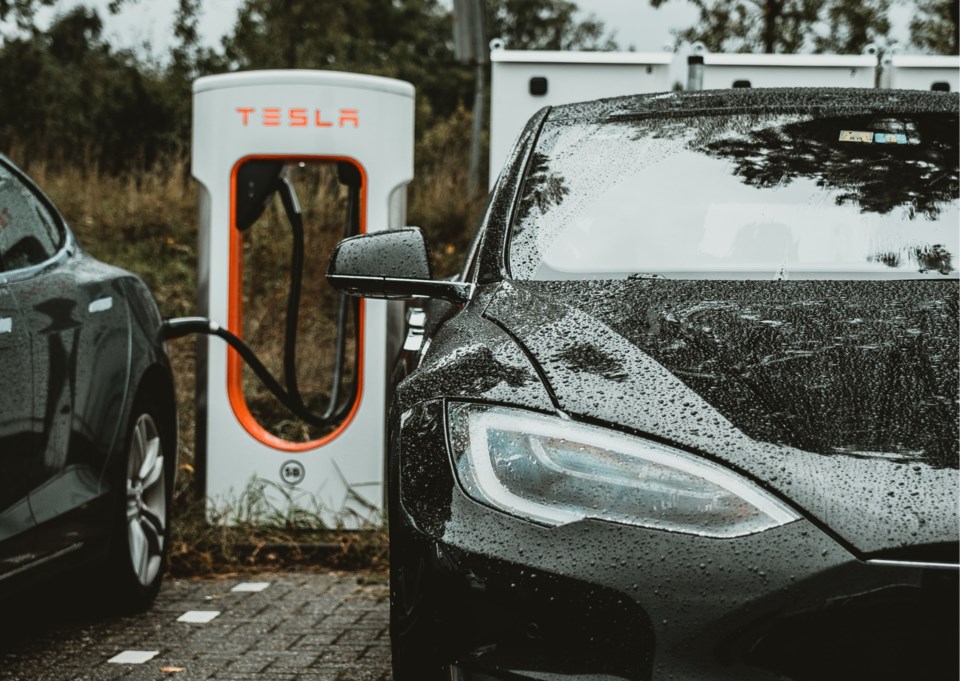The age of the electric car is at hand. Over more than a century after they were first introduced to curious North American car buyers and immediately over-shadowed by their gas-guzzling counterparts, electric cars are now gaining wide scale acceptance from both manufacturers and consumers. In fact, General Motors, Jaguar, and Volvo have all announced plans to be 100 percent electric within the next two decades, and companies like FedEx have announced extensive plans to invest in electric vehicles and carrier planes.
Whenever innovative new products hit the market, the question arises: should you be first in as a buyer, or wait until some of the bugs are worked out? When it comes to new electric vehicles, the choice is really yours to make.
“There is always going to be a learning curve involved,” said Vinnie Klimkosz, owner of the two locations of Vinnie’s Mr. Fix-it in Guelph. “The electric hybrid and full electric vehicles have been around for some time now and the quality is improving. Electric vehicles are more popular in areas where climates are warmer than Canada.”
One of the major reasons for the newfound confidence in electric vehicles according to Klimkosz is improvement in the quality of the batteries on which they rely.
“Battery technology has certainly improved,” said Klimkosz. “Obviously when the battery is operating in colder temperatures you don’t get as much life out of it. That’s changing. There has been a great deal of advancement in battery technology so vehicles do run better in cold weather.”
There are a few standard options to choose from when considering the purchase of an electric or hybrid vehicle. These include the Battery Electric Vehicle (BEV), the Plug-in Hybrid Electric (PHEV) and Hybrid Electric Vehicle (HEV). Some hybrids rely 100 percent on batteries, others can switch to gas power to charge the electrical systems, and some can run fully on either gas or electricity. If you’re considering purchasing a vehicle that relies 100 percent on electricity, Klimkosz says you may need to invest in some home improvement.
“People who are buying a full electric vehicle will want to look into their home wiring to see how easy it would be to install a charging station at their home,” he said. “Most require 220 volt and decent amperage if on a charger. Charging stations are still few and far between. Obviously the battery life in the winter might be a problem. That’s why I think you’ll see more hybrids purchases rather than full electric models.”
One of the often over-looked elements of buying a hybrid is the cost of ongoing maintenance. With so many new innovative features not found in combustion engine makes and models, there is bound to be an increase in costs.
“When it comes to servicing electric cars, they still have four tires, they have brakes, they have electrical and suspension systems,” he said. “You’re not changing oil in the engine, but there are still a lot of things to service. Hybrids have become more affordable to buy but they will be expensive to maintain. You have to figure out if the cost of maintenance is going to outweigh the cost of the car.”
No matter what style of vehicle you drive, you can always get professional mechanical service when you visit Vinnie’s Mr. Fix-It online at vinniesmrfixit.com. Or drop by either of their two Guelph locations: 30 Hayes Avenue, or 41 Woodlawn Road West.
